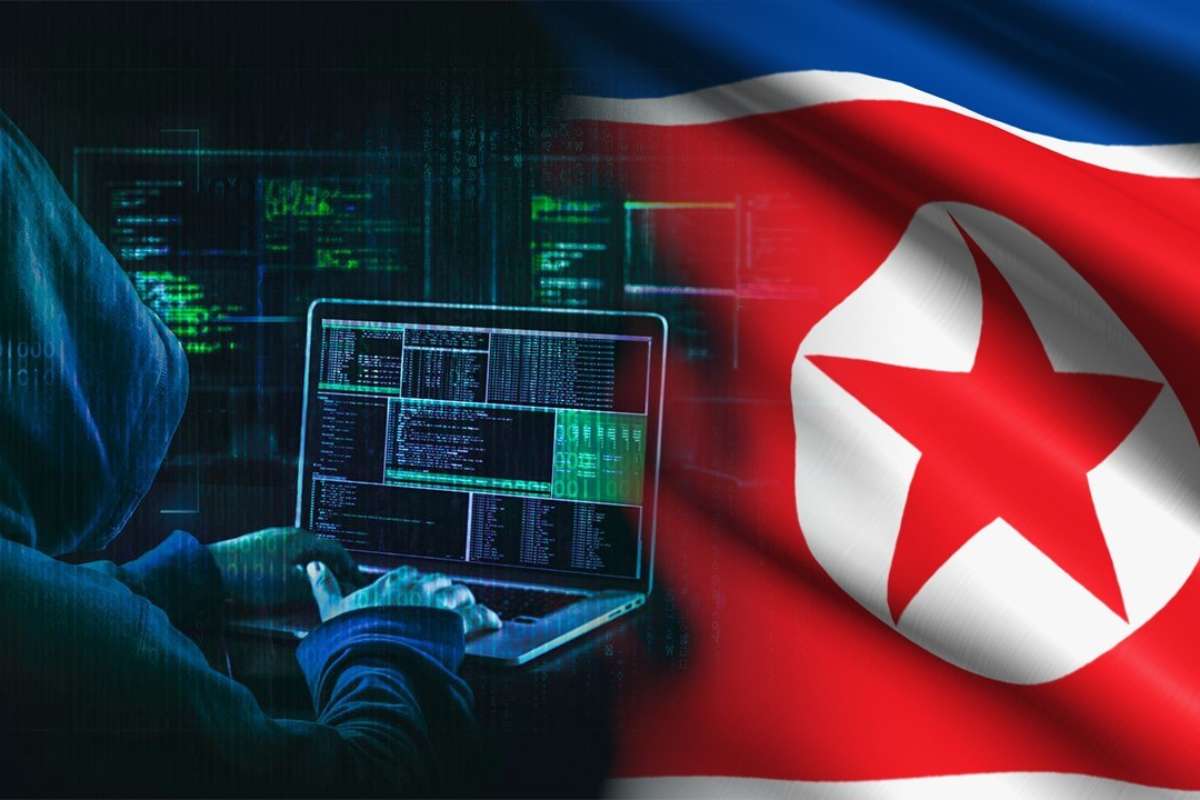North Korea has lashed out at the recent U.S.-Japan-South Korea joint air drills, calling them not just a military provocation but a broader “nuclear and digital threat. from DPRK Hackers ” According to a KCNA statement, the use of strategic bombers such as the U.S. B‑52H, along with increased defense integration among the three nations, marks the formation of what Pyongyang calls a “nuclear-based triangular military bloc.”
More interestingly, the statement emphasized the overlap of kinetic warfare with “cyber-enabled espionage and surveillance.” The DPRK warned that the growing partnership enables more aggressive intelligence gathering via satellite and digital networks, prompting it to reserve the right for “asymmetric countermeasures”.
With cyber capabilities now forming a core part of modern defense strategy, Pyongyang’s remarks are being interpreted as a veiled warning that future escalations may occur both in physical and digital realms.
U.S. Charges DPRK Hackers, Omegapro Founders in Parallel Crackdown
In a coordinated law enforcement effort, U.S. federal authorities have charged both North Korea-linked hackers and the founders of the defunct high-yield investment scheme Omegapro, highlighting the fusion of cybercrime and financial exploitation on a global scale.
The Lazarus Group—North Korea’s infamous state-sponsored cyber unit—was named in new indictments for orchestrating multi-million-dollar cryptocurrency heists and ransomware campaigns, used to fund the country’s weapons programs. Simultaneously, Andres Melucci and Jonathan Sifuentes, linked to the collapsed platform Omegapro, were charged with running a $370 million crypto-based Ponzi scheme, using sophisticated laundering tactics through shell companies and blockchain platforms.
This “double blow” represents a larger shift in U.S. strategy—one that targets both nation-state cyber operators and civilian financial fraudsters operating in digital spaces. Experts say this shows how cybercrime has become decentralized, involving not just hostile governments but also independent networks exploiting crypto and fintech vulnerabilities.
Russian Military Jet’s Arrival Signals Possible Tech Transfers to DPRK Hackers
Just one day after Russian Foreign Minister Sergey Lavrov’s visit to North Korea, a Russian Il‑62M air force transport jet landed at Sunan International Airport, fueling speculation of deepening tech or defense coordination between Moscow and Pyongyang.
While details of the visit remain undisclosed, analysts suggest potential for behind-the-scenes collaboration on military and cyber technologies. Given North Korea’s long-standing interest in Russian cyber expertise—and Moscow’s own growing cyber footprint—the jet’s arrival could indicate an exchange of sensitive tech assets or strategic intelligence.
Following the 2024 Putin-Kim summit, the two countries signed a defense partnership treaty that likely includes digital warfare collaboration. With both nations under sweeping Western sanctions, cyber tools offer a cost-effective way to retaliate, gather intelligence, and subvert adversarial systems.
As geopolitical tensions in Asia intensify, cyberspace is emerging as a central battleground. North Korea’s offensive cyber units continue to drive global theft and disruption. Meanwhile, U.S. prosecutors are tightening their grip on both rogue nations and fraudulent actors in the crypto sphere. The arrival of a Russian military jet in Pyongyang only deepens concerns over emerging tech alliances that could further blur the line between state-sponsored hacking and cyberwarfare.
Sources:
https://www.chinadaily.com.cn/a/202507/14/WS68745ec0a31000e9a573bd05.html






